About NAISA
Welcome to NAISA! We are the Native American & Indigenous Students Association at UConn. Our hope with this organization is to create representation for Native and Indigenous students on campus. We plan to educate and advocate on behalf of current events, issues, cultures, traditions, and more. Stay tuned for our upcoming events!
Whether you identify as Native and/or Indigenous or not, we would love for you to join us!
Join our organization on UConntact for meeting reminders and updates!
To get involved or collaborate with NAISA, please contact our Co-President, Kylene Chino: kylene.chino@uconn.edu or Co-President, Nina Reines: nina.reines@uconn.edu
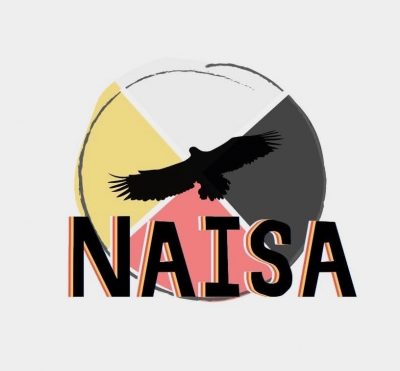
E-Board Members
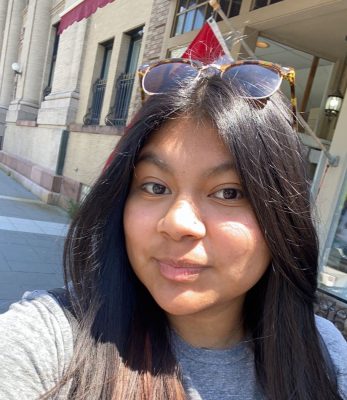
Co-President: Nina Reines
Jeeka ma chi uula, my name is Nina Reines! I am apart of the Maya People – Mam. My pronouns are she/her. I am a senior majoring in Animal Science but planning to go into Wildlife Conservation Education. I have been a member of NAISA since my freshman year and served as the Vice-President for 1 1/2 years. I’ve recently rejoined the E-Board and am excited to work on its growth. In my last semester I hope to increase the visibility and voices of Indigenous students here on campus. I am looking forward to working with the E-Board and creating lasting memories with all members of NAISA!
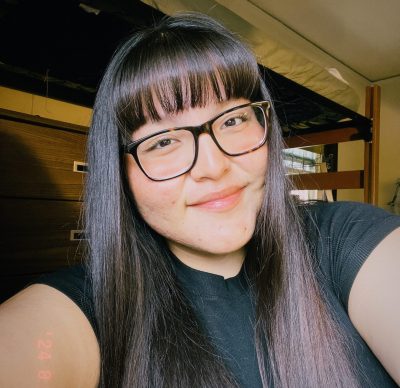
Co-President: Kylene Chino
Ah’rrao-wah, my name is Kylene Chino. I am a proud citizen from the Pueblo of Santa Ana and the Navajo Nation. My pronouns are she/her. I am a junior intending to double major in Political Science and Human Rights. The lifelong connections I have made through NAISA these past two years empowered my motivation to work towards growing it more. NAISA has become a family for me since I am miles from home, but I hope to increase the voices of Indigenous students and represent them in a way where they feel like they always have someone rooting for them in their corner. I am looking forward to dedicating my time to this club and working with the students to build towards our goal of Indigenizing UConn.
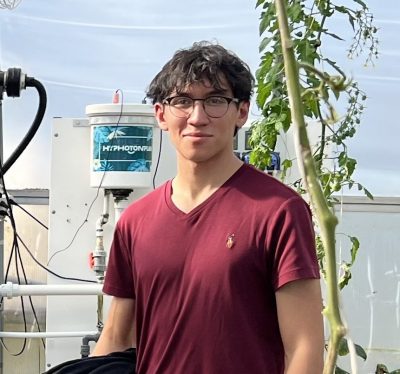
Vice President: Sebastian April
Hello, I’m Sebastian April, a sophomore from Waterbury, CT, and a plant science major at UConn, soon to have a minor in cannabis cultivation. I am of Mi’kmaq descent and have been actively involved with NAISA since my freshman year. My introduction to the Native American Cultural Programs and NAISA stemmed from a USDA grant called New Beginnings, which facilitated my presence at UConn. Through this opportunity, I’ve had the privilege of being mentored by cultural relatives and forming lifelong friendships. As many upperclassmen have departed, I saw this as an opportune time to step into a leadership role as the Vice President. I aim to contribute to the community by sharing knowledge, fostering relationships, and expanding our network.
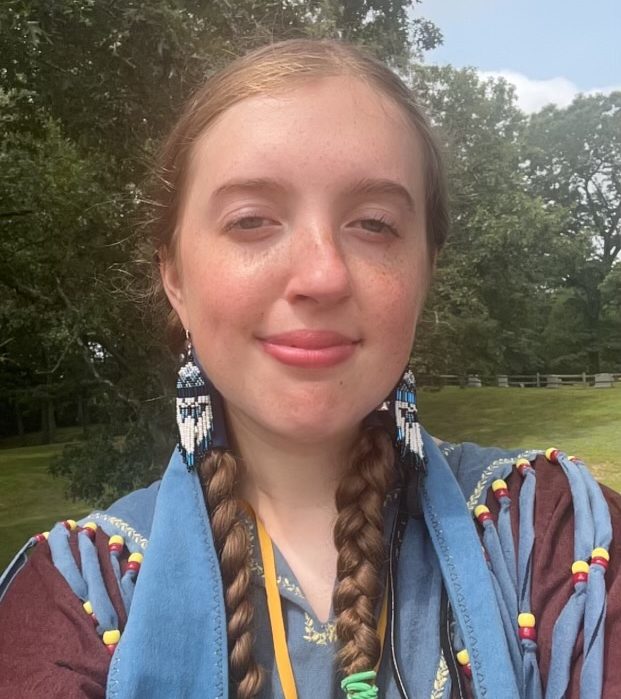
Treasurer: Ashlee Hamilton
Chuh, my name is Ashlee Hamilton. I am a part of the Mohegan tribe in the Southeastern part of Connecticut. My pronouns are she/her. I am a junior majoring in Sustainable Plant and Soil Systems. I joined NAISA as a freshman to connect with others my age as well as familiarize myself with people from other tribes. I am excited to be a part of the team again as treasurer, as well as seeing new and old faces!